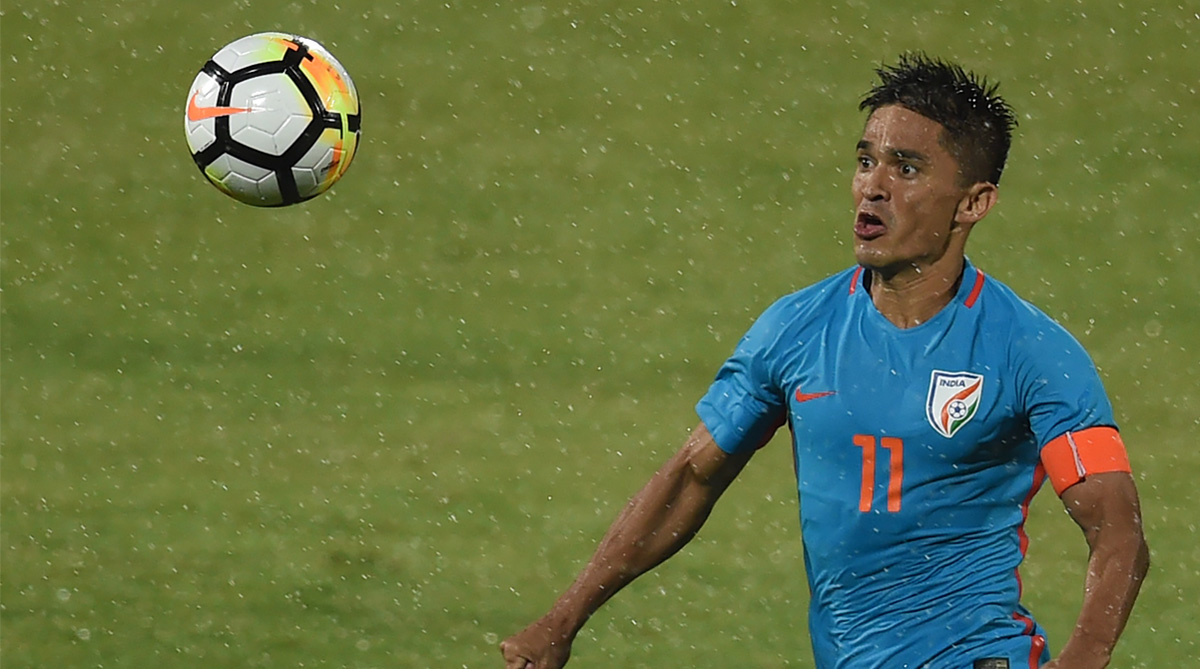The Blue Tigers emerged champions of the four-nation Hero Intercontinental Cup fighting the considerable footballing powers of Kenya, New Zealand and Chinese Taipei.
Their performances stole the heart of every Indian football fan as the Andheri Sports Complex in Mumbai saw a rare full house each match day. The next big task ahead for the Indian football team is the Asian Cup that is scheduled next year.
Advertisement
How prepared are they for the big draw? The ground situation does not look very promising.
Stephen Constantine is on the right track as far as the selection of squad is concerned. It’s a well-drilled squad, fearless to take up new challenges. Captain Sunil Chhetri has been a legendary figure ever since India made the foundation of the unbeaten streak that stretched to 13 games and popped the country on the 97 position in the world rankings — a first in 50 years. The ranking boost enabled growth of grassroots programme even further, assisting the country’s growth in football to a relatively comfortable scale.
While over dependence on Chettri is a worrisome factor, the captain is at the moment fit and accurate in front of goals, making and breaking records. With over 100 caps, Chettri guided India to win with terrific margins (5-0 against Taipei and 3-0 against Kenya) and dominance on the pitch, scoring eight goals in four games including a brace in the Intercontinental Cup final against Kenya.
The “Captain, Leader, Legend” got full support from his team with ‘Mizo Sniper’ Jeje Lalpheklua, Udanta Singh and Anirudh Thapa putting up a blistering show on the attacking third, and Anas Edathoridka and Sandesh Jinghan maintaining a solid back four that let in just two goals in the entire tournament.
However, while the last tournament was a happy and satisfying experience for both players and fans, when you are looking forward to a mega event, you may not feel as confident.
While the Intercontinental Cup win will give boost to the preparation for Asian Cup, much work needs to be done still. Constantine knows the Saff Suzuki Cup would be an ideal test for the Blue Tigers because none of its matches will include fixtures in an Indian stadium. It will be a test of the away form and also an area where the team faces trouble.
Though the fight will be only between the neighbours, ventures like this show the real potential of the team. And it’s time India took this tournament very seriously, and as they must reach at least the quarterfinal stage to keep the momentum alive.
In the group stage, India is tied with Sri Lanka and the Maldives — both nations love to hit on the counter and something India didn’t face in the previous tournament. Their defence needs to be hundred per cent focused and at times the Blue Tigers may change their long ball attacking play. Variations are required in the gameplay to cunningly subdue opponents.
Next, predictable opponents in the group stage will be Nepal or any high-quality opponents that India needs to overtake to confirm their hard work and dedication for the highly anticipated tournament in January.
India recently received good news that they are changing zones of the Asian football federation for scheduling friendlies with teams that have big tournament experience. AIFF’s swift decision by looking at the phenomenal displays of the team is eventful. As a case, India has the luck to play two more friendlies before their flight to Dubai against a nation that is featuring in the 2018 FIFA World Cup in Russia and another one that is this year’s AFC Asian Cup contender.
The two footballing powers, Saudi Arabia and Syria, respectively, will lock horns with the Indian Army in November. Saudi Arabia is also an emerging nation like India but certainly at a higher speed, while Syria, even with extreme political disbalances, have mounting talent to become a stable footballing nation.
Now, India should be ready to test themselves on every aspect of the game.
(The writer is an independent contributor.)











